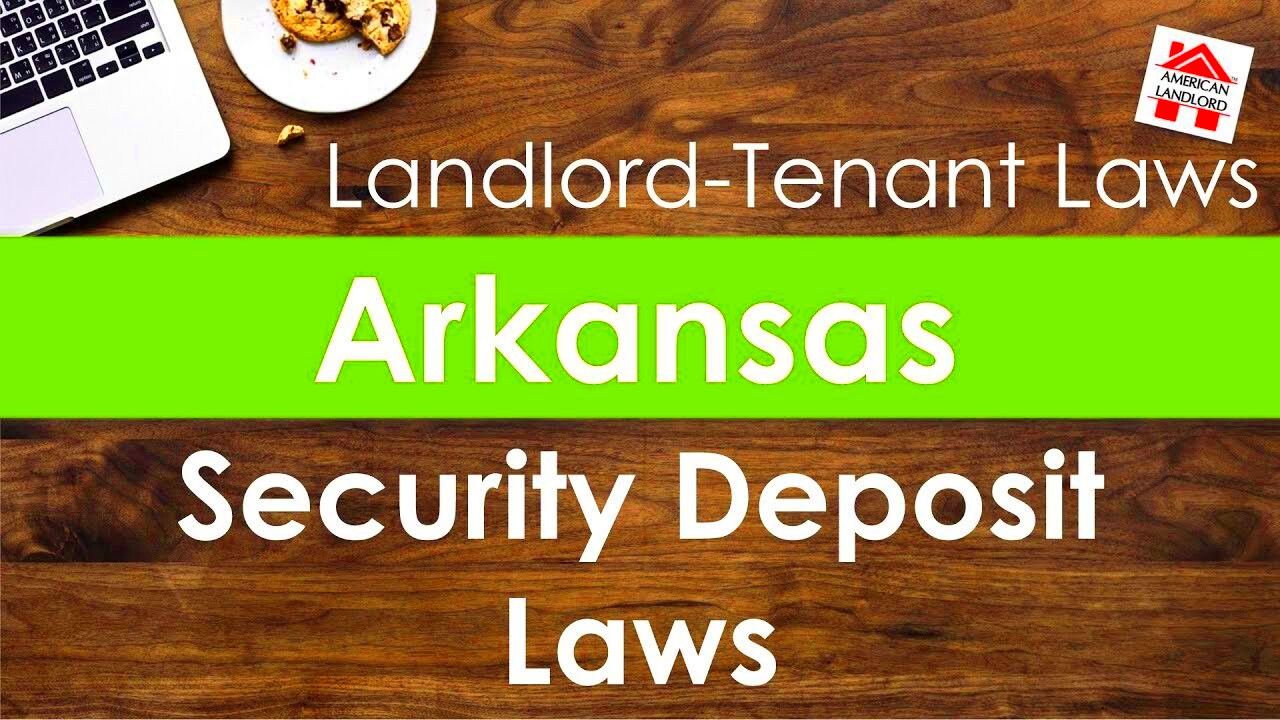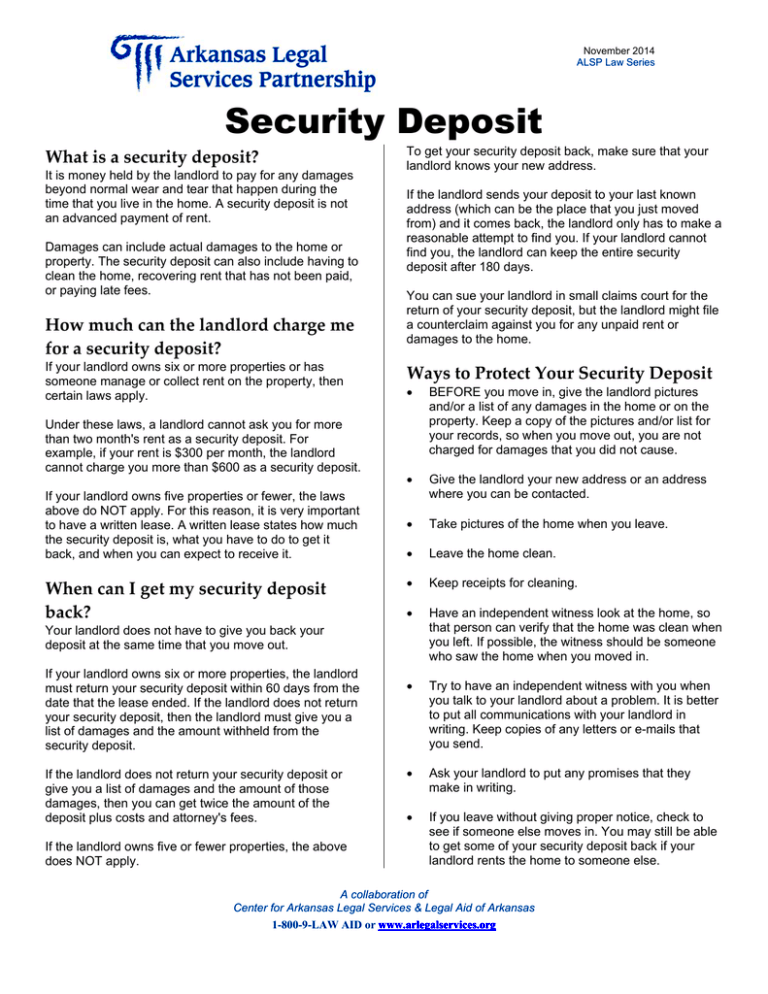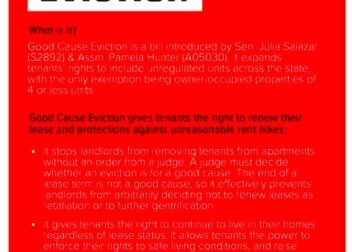Arkansas Security Deposit Laws Explained
When moving into a new rental place the security deposit is usually a big worry. Arkansas has rules about how to deal with these deposits and knowing them can help you avoid surprises. These rules are meant to safeguard both renters and landlords making sure everyone is aware of their rights and duties. Having gone through the rental scene in Arkansas myself I understand how important it is to stay updated on these laws. So lets explore what you should know to stay on the side of things.
Maximum Amount Allowed for Security Deposits

In Arkansas landlords have the right to request a deposit from tenants but there are restrictions on the amount they can charge. State law stipulates that the security deposit should not exceed the equivalent of two months rent. This limit aims to ensure that renting remains within reach and budget friendly for tenants by preventing landlords from imposing overly high deposits that could pose a challenge.
To give you a clearer picture:
- If your monthly rent is $1,000, the maximum security deposit a landlord can legally ask for is $2,000.
- This rule applies to most residential rental agreements, ensuring that security deposits are reasonable and manageable.
Based on what I have seen understanding this maximum can really make a difference when it comes to negotiating a lease. If you are confronted with a request that exceeds this figure it could be beneficial to have a conversation about it or consult with a professional.
Legal Requirements for Security Deposit Returns

In Arkansas there are laws in place regarding the return of your deposit to ensure fairness. Here’s what you should be aware of.
- Return Timeframe: Landlords are required to return the security deposit within 60 days after the end of the lease. If any deductions are made, the landlord must provide a detailed written statement explaining the reasons for these deductions.
- Condition of Property: The return of the deposit is contingent upon the condition of the property. Landlords are allowed to withhold money for damages beyond normal wear and tear, but they must document these damages and provide evidence.
- Unpaid Rent or Fees: If there are any unpaid rent or fees, landlords can use the deposit to cover these costs. However, they must provide a breakdown of the charges.
Looking back on my past rentals I’ve witnessed the anxiety that arises from waiting for your deposit. Documenting the state of the property when you move in and out can make things go more smoothly. Make it a point to ask for and go through any statements or paperwork regarding the return of your deposit.
Conditions Under Which a Security Deposit Can Be Withheld

When it comes to deposits it’s important to understand when and why a landlord may keep some or all of it. In Arkansas there are specific conditions that allow a security deposit to be withheld. Knowing these rules can help you steer clear of conflicts and ensure that you’re only billed for valid reasons.
Here’s a rundown of the typical reasons landlords may hold back a security deposit.
- Damages Beyond Normal Wear and Tear: Landlords can deduct from your deposit if the property is damaged beyond what is considered normal wear and tear. For example, large holes in the walls or broken appliances can justify a deduction.
- Unpaid Rent or Fees: If you owe any rent or additional fees at the end of your lease, the landlord can use your security deposit to cover these costs. Make sure to settle any outstanding payments before moving out.
- Cleaning Costs: While landlords cannot charge for general cleaning, they can deduct for excessive mess that requires extra cleaning. This could include dirty carpets or significant build-up in appliances like ovens.
From what I’ve seen doing a thorough inspection when moving in and out can be really beneficial. Taking pictures and jotting down notes about the property’s condition can safeguard you in case any disagreements arise. It’s important to maintain communication with your landlord and retain copies of any messages regarding the deposit.
Process for Disputing Security Deposit Deductions

Disagreements regarding security deposit deductions can occur even when we try our best. If you feel that your landlord has unjustly retained some or all of your deposit understanding how to challenge these deductions can be very empowering.
Follow this guide to navigate the process smoothly.
- Review the Deduction Statement: Carefully examine the statement provided by your landlord detailing the deductions. Ensure that each charge is legitimate and backed by evidence.
- Gather Evidence: Collect any documentation that supports your case. This might include move-in and move-out inspection reports, photos of the property’s condition, and correspondence with the landlord.
- Communicate with Your Landlord: Before escalating the issue, try to resolve it directly with your landlord. Present your evidence and explain why you believe the deductions are unjustified.
- Seek Mediation or Legal Help: If you cannot reach a resolution, consider mediation services or legal advice. Sometimes a third party can facilitate a fair outcome.
Based on what I’ve been through I’ve found that being able to talk things out and keeping detailed documentation can really help. It’s best to tackle problems head instead of letting them simmer.
Handling Security Deposits for Military Tenants
Handling deposits can be more complicated for military tenants because of their service obligations. In Arkansas the law acknowledges these specific situations and provides certain safeguards for military members.
Here are some key points to keep in mind:
- Early Termination of Lease: Military tenants who receive orders to relocate or deploy may terminate their lease early without penalty. In such cases, they are entitled to a full return of their security deposit, provided they meet the notice requirements specified in their lease.
- Documentation of Orders: To take advantage of these protections, military tenants need to provide a copy of their military orders to their landlord. This helps to formalize the early termination of the lease and the return of the deposit.
- Pro-Rated Deposits: If a tenant moves out early due to military orders, the landlord should pro-rate the security deposit based on the duration of the lease. This ensures fairness and reflects the shortened rental period.
Having gone through moves due to my military service I can vouch for how crucial it is to be aware of these rights. Staying organized with paperwork and maintaining communication with your landlord can greatly ease the process. Its comforting to know that there are legal protections in place to assist our service members during these transitions.
Recent Changes or Updates in the Law
Keeping track of legal changes is a challenge, especially when it comes to Arkansas’s security deposit laws. These laws have seen updates over time to promote fairness and transparency for tenants and landlords alike. Staying up to date with these changes can help you avoid complications and ensure that you adhere to the most recent regulations.
Here are some notable recent updates:
- Increased Transparency: Recent amendments have required landlords to provide more detailed documentation and explanations for any deductions made from security deposits. This aims to prevent misunderstandings and ensure that all charges are justified.
- Shortened Timeframes: The timeframe for returning security deposits has been reduced in some updates. While the standard period remains 60 days, certain local jurisdictions have implemented shorter timelines to expedite the return process.
- Enhanced Tenant Protections: There have been new provisions to better protect tenants facing financial hardships, including more flexibility for those who need to dispute deductions or face delays in receiving their deposits.
Through my personal experiences as a renter I’ve witnessed the positive effects of these changes on both landlords and tenants. Staying informed about updates is crucial as they can significantly enhance your rental experience. To stay up to date on the latest developments it’s wise to consult local rental authorities or legal professionals.
Resources for Further Information
When it comes to dealing with security deposit matters having the right resources at your disposal can be extremely helpful. If you are a tenant looking to grasp your rights or a landlord wanting to gain insights into your duties these resources can provide you with assistance and support.
Here are some useful resources:
- Arkansas State Government Website: The official state website often provides updates on rental laws and regulations. It’s a reliable source for the most current information.
- Local Tenant Associations: Organizations such as the Arkansas Tenants Association can offer advice and support, and may even provide legal assistance or referrals to knowledgeable attorneys.
- Legal Aid Services: Various nonprofit organizations provide free or low-cost legal assistance for tenants and landlords. They can help with disputes and clarify legal questions.
- Online Legal Resources: Websites like Nolo or FindLaw offer comprehensive guides and articles about landlord-tenant laws, including specifics about security deposits.
Based on what I’ve seen having a solid support network can really help reduce the pressure that comes with dealing, with legal matters. Feel free to tap into these resources they exist to assist you in finding the information necessary for making well informed choices.
Frequently Asked Questions
Navigating the ins and outs of security deposit regulations can lead to a lot of inquiries. Below are a few of the frequently asked questions I come across along with straightforward responses to shed light on any uncertainties.
- Can a landlord charge more than two months’ rent as a security deposit? No, in Arkansas, the maximum amount a landlord can charge for a security deposit is limited to two months’ rent.
- What happens if my landlord doesn’t return the security deposit within 60 days? If your landlord fails to return the deposit or provide a written explanation for deductions within 60 days, you may have grounds to take legal action or file a complaint.
- Can I dispute a security deposit deduction if I don’t agree with it? Yes, you can dispute deductions by presenting evidence and communicating directly with your landlord. If unresolved, you may seek mediation or legal assistance.
- What if I receive military orders and need to terminate my lease early? Military tenants can terminate their lease early due to orders and are entitled to a full return of their security deposit, provided they submit a copy of their orders to the landlord.
Based on my own encounters having these responses readily available can prove to be immensely useful when dealing with the intricacies of lease contracts. If you seek more information getting in touch with professionals or tenant associations can offer more insight.
Conclusion
Grasping the security deposit regulations in Arkansas is essential for tenants and landlords alike to ensure a seamless rental experience. These regulations aim to safeguard your rights, whether you’re moving in addressing deductions or managing an early lease termination. Being aware of the deposit limits and the circumstances under which a deposit can be withheld is crucial to protect yourself against disputes or unexpected situations. Having personally navigated the challenges of agreements I can vouch for the significance of communication and meticulous record keeping. With these valuable insights at hand you’ll be well equipped to tackle any security deposit matters that arise in your path.


